“Gloomy Kosovo forecasts prove unfounded”
Despite the predictions of violence in the region after Kosovo’s independence declaration, “thankfully, nothing has happened,” British weekly Economist writes.
Tuesday, 17.02.2009.
14:10

Despite the predictions of violence in the region after Kosovo’s independence declaration, “thankfully, nothing has happened,” British weekly Economist writes. The weekly writes that “the new country has so far been recognized by only 54 of the UN’s 192 countries—and five of the 27 members in the European Union are among the refuseniks.” “Gloomy Kosovo forecasts prove unfounded” According to the weekly, the greatest success in Kosovo is that there has been no exodus of Serbs from the province this year, adding though that the Kosovo Serbs mostly live in enclaves and in the north, which is “under de facto Serbian control,” and are under pressure from Belgrade not to participate in the Kosovo institutions. It states that the threat of extreme nationalists coming to power in Belgrade has passed, and has not “exploded” as had been expected, adding that Serbia now has a firmly pro-European government. The weekly also commends the arrival of the EU law-and-order mission, EULEX, which deployed in Kosovo in December. On the downside, the Economist states that Kosovo is still poor and the administration is weak. “The Serbian government has led a very effective diplomatic campaign against Kosovo and it has a very poor image aboard,” the weekly states. It adds that Kosovo is often unjustly at the wrong end of accusations, however. For example, it is commonly stated that Kosovo is the main path for drug trafficking, while the same is not said for other countries in the region, some of which are even EU member-states, such as Bulgaria and Austria. It is believed that Albanians, the Kosovo Albanians included, play a large role in drug trafficking in Europe, but the Economist writes that this is not always confirmed in investigations. According to a report by the Kosovo Stability Initiative research institute, only six percent of those arrested in 2006 in Italy for smuggling heroin were ethnic Albanians, 65 percent were Italian, while 19 percent were of North African descent. “Some of the stereotypes that are believed in generally and are being repeated about Kosovars abroad are simply racist,” the weekly writes. Kosovo residents, however, do not appear overly concerned by this, the weekly adds, as according to a study by the European Fund for the Balkan and Gallop, Kosovo citizens are among the happiest in the Balkans.
“Gloomy Kosovo forecasts prove unfounded”
According to the weekly, the greatest success in Kosovo is that there has been no exodus of Serbs from the province this year, adding though that the Kosovo Serbs mostly live in enclaves and in the north, which is “under de facto Serbian control,” and are under pressure from Belgrade not to participate in the Kosovo institutions.It states that the threat of extreme nationalists coming to power in Belgrade has passed, and has not “exploded” as had been expected, adding that Serbia now has a firmly pro-European government.
The weekly also commends the arrival of the EU law-and-order mission, EULEX, which deployed in Kosovo in December.
On the downside, the Economist states that Kosovo is still poor and the administration is weak.
“The Serbian government has led a very effective diplomatic campaign against Kosovo and it has a very poor image aboard,” the weekly states.
It adds that Kosovo is often unjustly at the wrong end of accusations, however. For example, it is commonly stated that Kosovo is the main path for drug trafficking, while the same is not said for other countries in the region, some of which are even EU member-states, such as Bulgaria and Austria.
It is believed that Albanians, the Kosovo Albanians included, play a large role in drug trafficking in Europe, but the Economist writes that this is not always confirmed in investigations.
According to a report by the Kosovo Stability Initiative research institute, only six percent of those arrested in 2006 in Italy for smuggling heroin were ethnic Albanians, 65 percent were Italian, while 19 percent were of North African descent.
“Some of the stereotypes that are believed in generally and are being repeated about Kosovars abroad are simply racist,” the weekly writes.
Kosovo residents, however, do not appear overly concerned by this, the weekly adds, as according to a study by the European Fund for the Balkan and Gallop, Kosovo citizens are among the happiest in the Balkans.











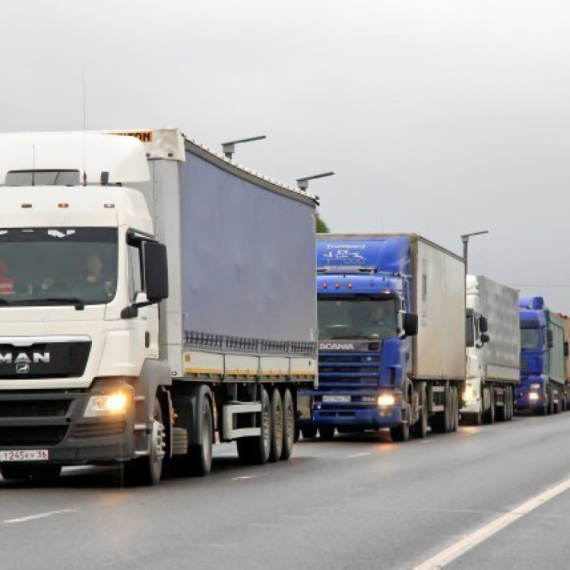
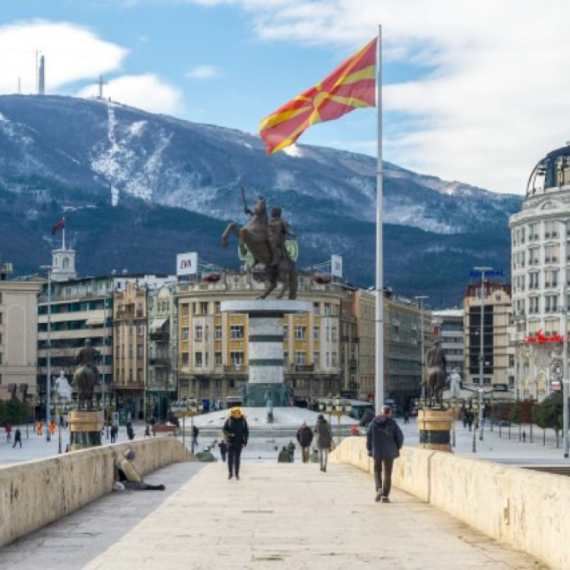

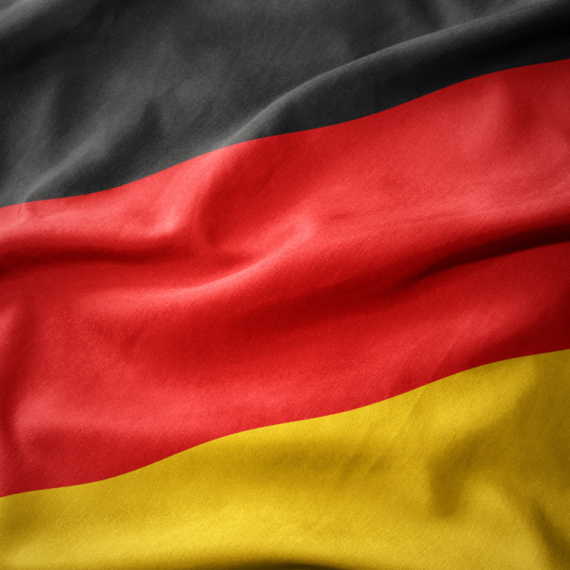

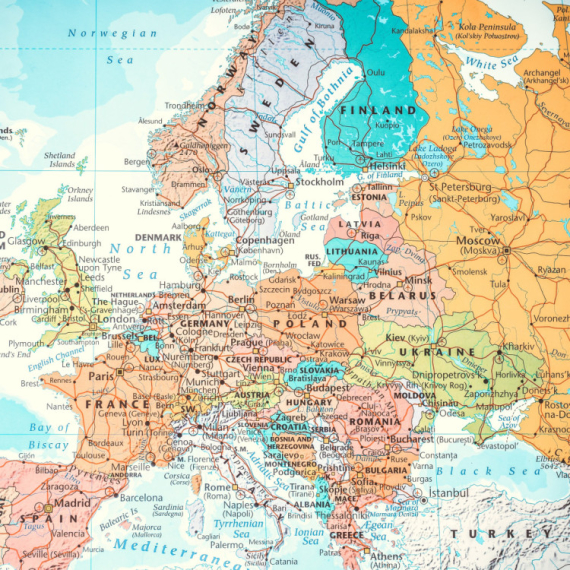

































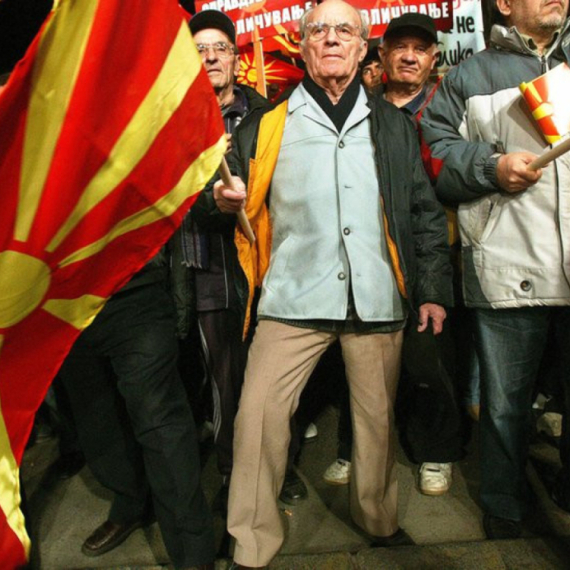
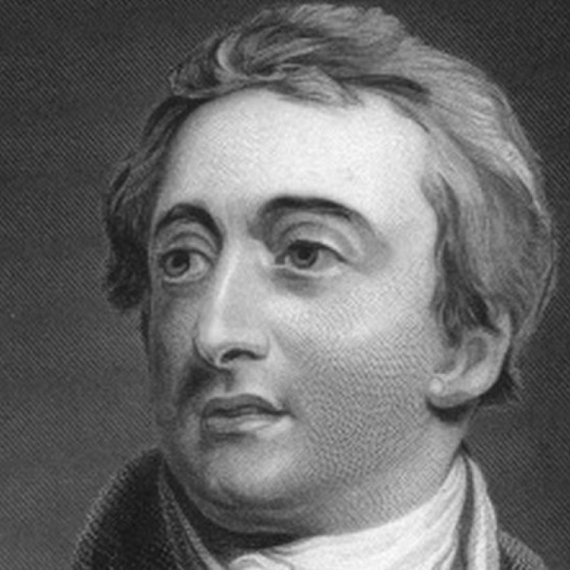




Komentari 12
Pogledaj komentare